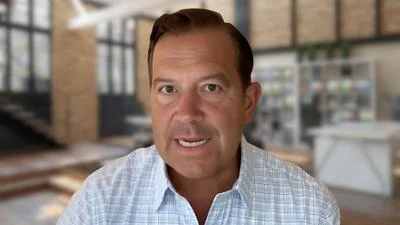The House Elementary and Secondary Education Committee will favorably report a bill to the House floor that would allow media literacy curriculum to be implemented in high schools across Illinois.
House Bill 1559, which is sponsored by Rep. Elizabeth Hernandez (D-Cicero), has been criticized for government overreach by opposers. The bill was introduced in the House of Representatives on Feb. 1 before it was referred to committee.
The bill does not state where the resources will come from or how the media literacy classes will be funded. The bill provides requirements for the state superintendent of education to prepare a unit of instruction on media literacy for high school students involving print, visual, audio, interactive and digital media.

Rep. Elizabeth Hernandez (D-Cicero)
Hernandez said at the committee meeting that the bill was identical to one she had introduced the previous year, but it did not go through then because they ran out of time.
"Media literacy really aims at trying to be much more cognizant of the kind of information we have out there nationwide," Hernandez said. "We have to be much more guarded of information phrased as 'fake news.' What better way to start our young folks in understanding the difference between facts and false information?"
Rep. Avery Bourne (R-Litchfield) asked for clarification if the bill made the curriculum mandatory or allowed for schools to choose whether or not they would teach media literacy. Hernandez said it was not mandatory.
The bill, if passed, will be effective immediately. Beginning in the 2019-2020 school year, public high schools in Illinois will include the media literacy class, which will teach students to analyze the purpose of a media message and how it is constructed; teach the difference between explicit and implicit media messages; values and points of view included or excluded from media; how media influences ideas and behaviors; and the importance of obtaining media from a variety of sources, according to the bill.






 Alerts Sign-up
Alerts Sign-up